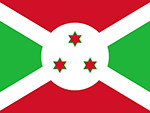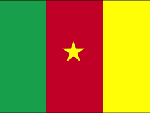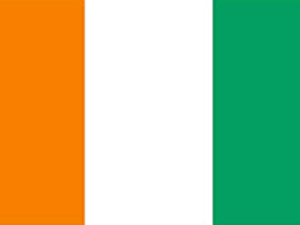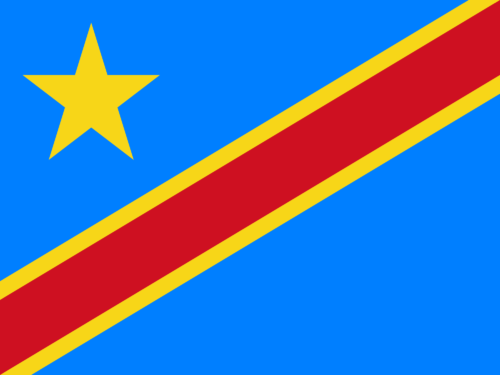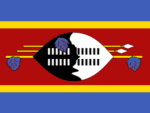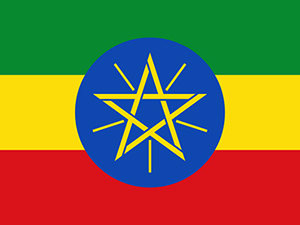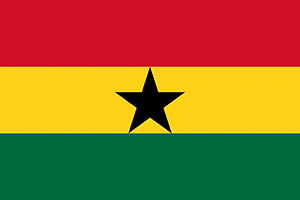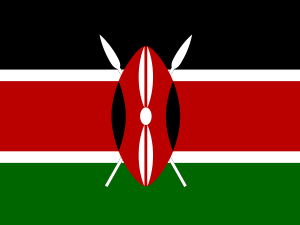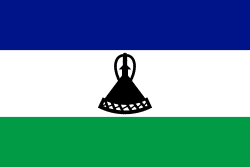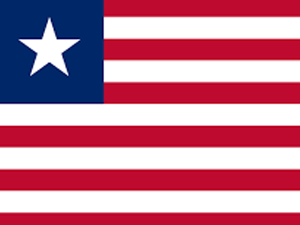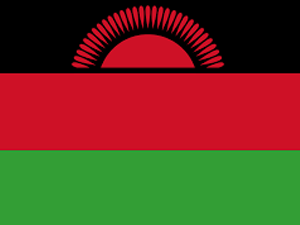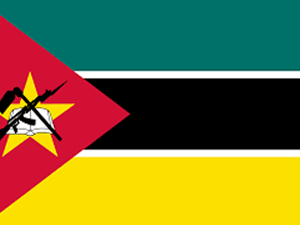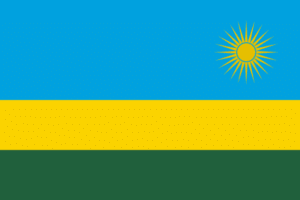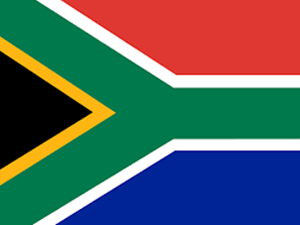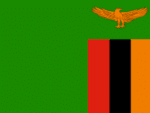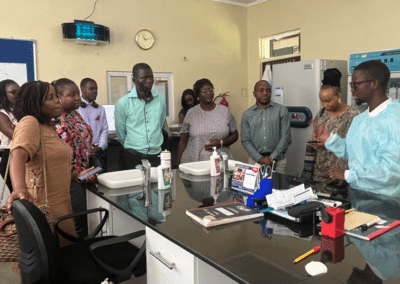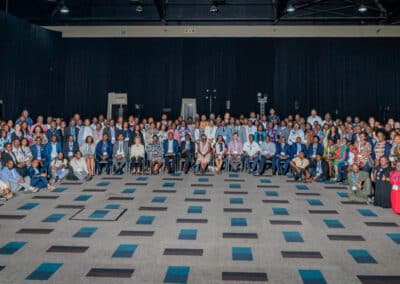The ministries of health of Côte d’Ivoire and Rwanda used CQUIN’s Quality Assessment Toolkit to evaluate the quality of differentiated HIV treatment services offered to recipients of care enrolled in less intensive models at selected health facilities. For the two countries, the assessments, which took place in April and May 2022, were the first step in developing interventions to improve the quality of their differentiated service delivery (DSD) models.
The CQUIN DSD Quality Management community of practice developed Quality Standards for Less Intensive Differentiated ART Models and a corresponding Quality Assessment Toolkit that countries are encouraged to adapt and adopt based on their needs.
The CQUIN Quality Assessment Toolkit outlines the steps needed to conduct facility reviews, including organizing meetings with health facility management teams, one-on-one interviews with staff, and assessment of the availability of facility-level documentation. In addition, the tool includes both cross-cutting standards and indicators, as well as those specific to individual DSD models, including facility- and community-based group and individual models.
“Countries are encouraged to use the tool as a guide and to adapt it to the local context as needed by omitting standards that are not relevant to the country’s context and/or adjusting the language used throughout the tool based on the country’s terminologies and definitions of DSD models. For instance, since Rwanda does not have community-based ART models, its assessment toolkit only focused on facility models,” said Martin Msukwa, MPH, BSN, CQUIN regional advisor and the lead for CQUIN’s DSD quality stream of work.
Results from the Côte d’Ivoire and Rwanda quality assessments show strong performance in some areas and gaps in others. For Rwanda, the initial assessment results showed some gaps in timely monitoring and evaluation reporting and a lack of streamlined health facility processes. In Côte d’Ivoire, the assessment showed that improvement was needed in referral and communication systems between community-based group members and health facilities.
“The tool has allowed us to determine the true state of our program maturity when it comes to quality implementation of DSD services,” said Simplice Bohoussou, MD, DSD coordinator for Côte d’Ivoire, who was part of the team that conducted the assessment in 9 facilities. “The participating health institutions have developed a quality improvement action plan to address all the gaps noted,” Dr. Bohoussou added.
Rwanda assessed quality interventions in 30 facilities. “After CQUIN’s initial quality improvement training and assessment support, the Rwanda Biomedical Center has decided to adopt the toolkit and fund the assessment of 15 additional facilities,” said Brian Kwizera, MD, DSD coordinator for Rwanda.
Since the April Delivering Quality at Scale in Differentiated Service Programs meeting in Johannesburg, South Africa, more countries, including Kenya, Sierra Leone, Democratic Republic of Congo, Zimbabwe, Rwanda, and Malawi, have developed quality standards specific to DSD models and included the assessment tool in their country DSD operational manuals. “We have supported most of these countries in this process, and we hope that additional countries will reach out to the CQUIN team if they need help with developing or adapting the toolkit and its implementation,” said Mr. Msukwa.
Moving forward, CQUIN will develop quality assessment toolkits for more intensive DSD models and for differentiated testing services.


